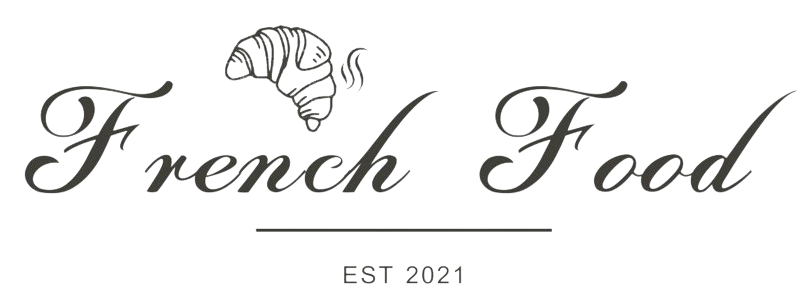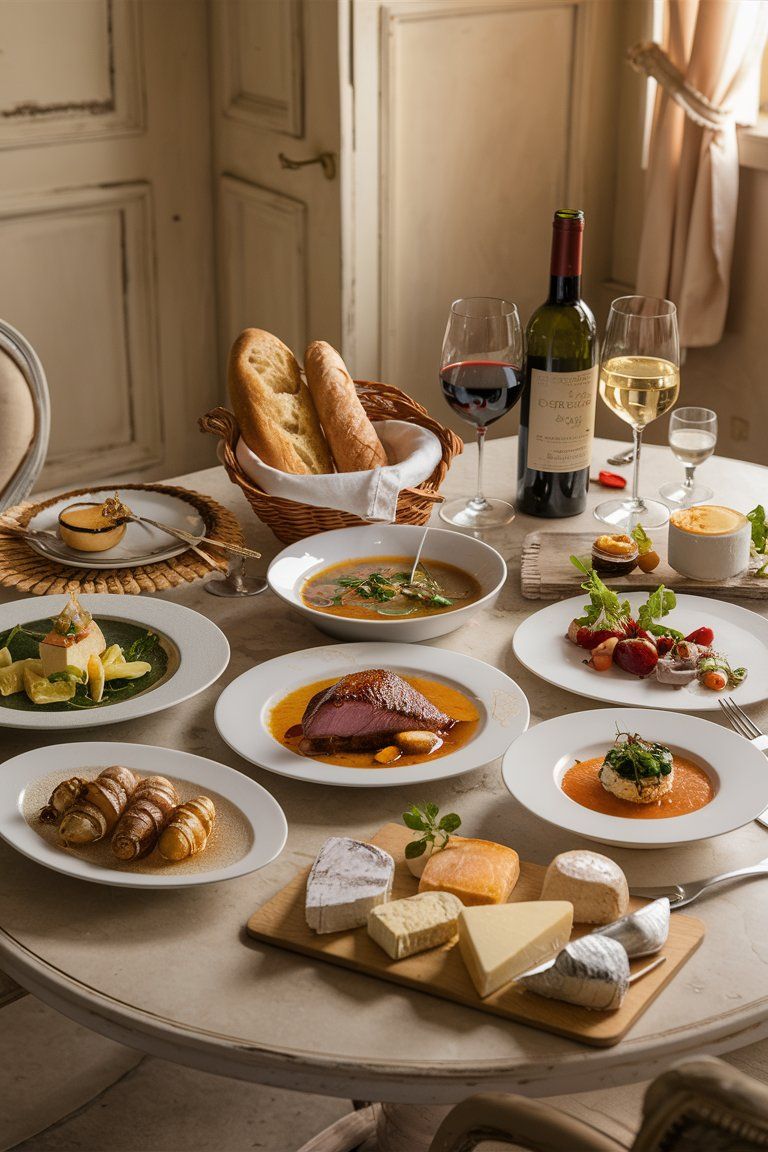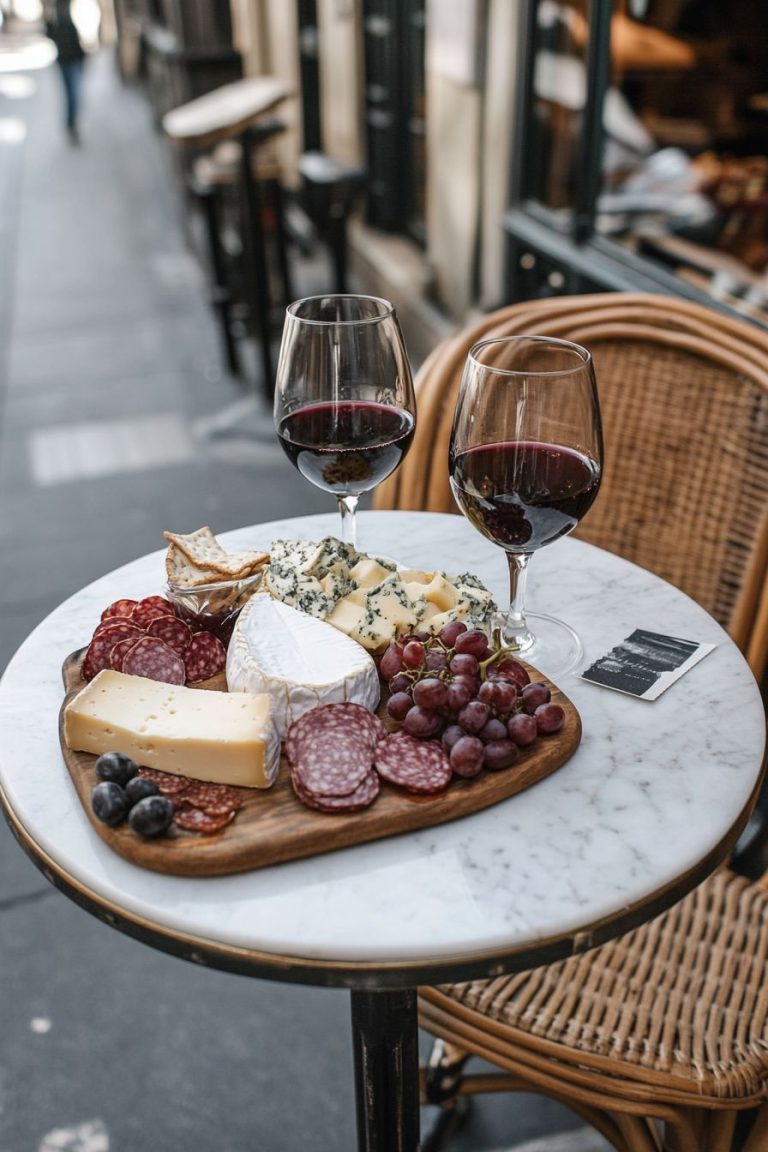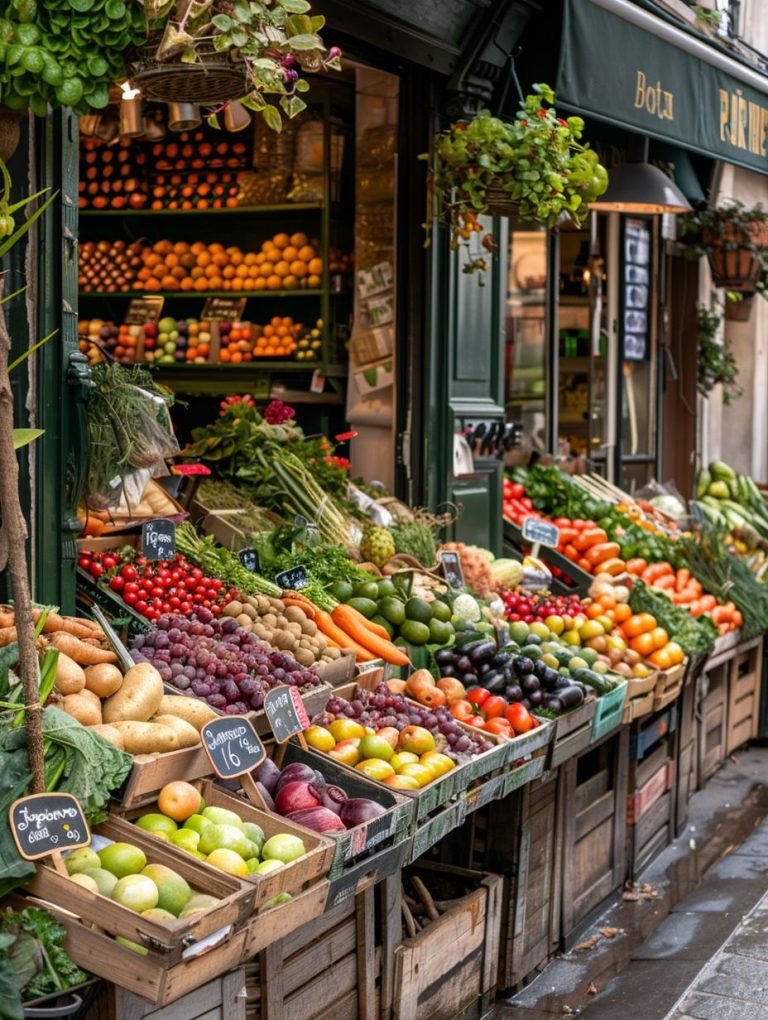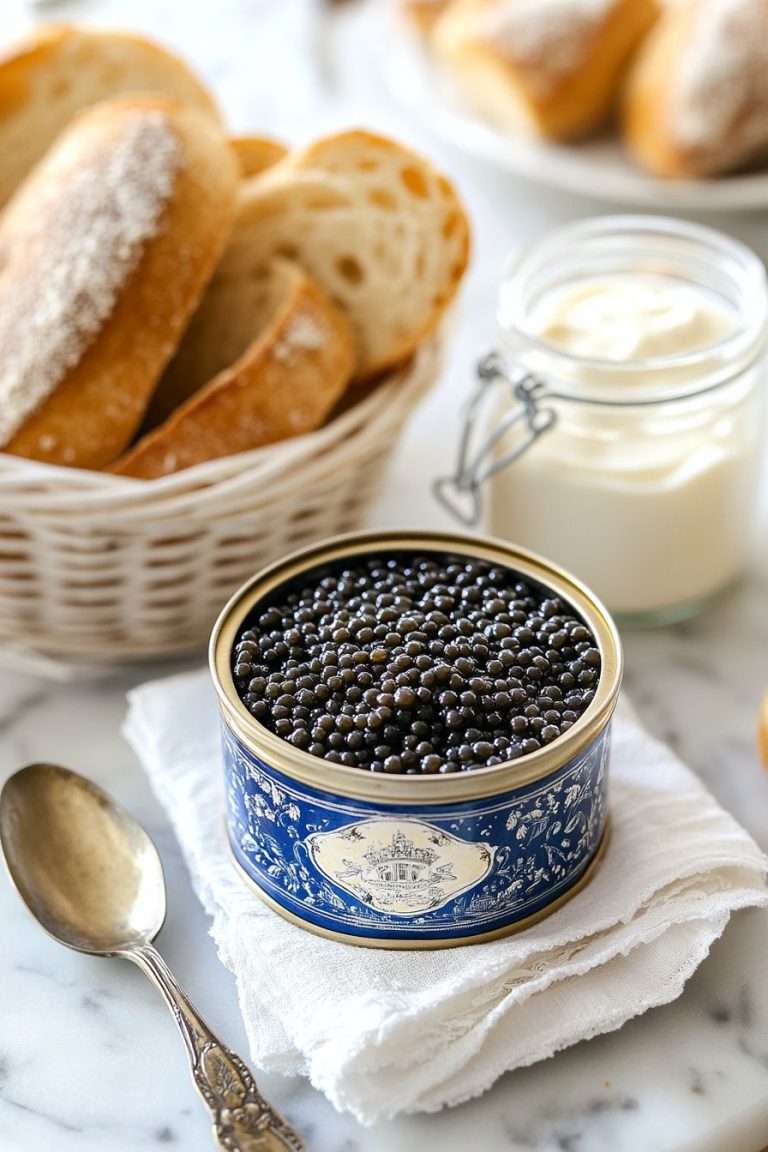21 French Food Expressions and Idioms to Improve Your Language Skills
We may earn a commission through all links on this website. As an Amazon Associate, we earn from qualifying purchases.When one thinks of France, the mind often waltzes to its world-renowned cuisine—baguettes under the arm, cheese plates on rustic wooden tables, and of course, delicate pastries that look as much like art as they do food. But beyond the mouthwatering dishes and culinary masterpieces, there lies an abundance of expressions and sayings that are as flavorful as the food itself.
In French gastronomy, the lines between food and life blur beautifully. The language of love does not shy away from weaving culinary references into everyday conversations, showing just how intertwined food is with the French way of living and seeing the world.
For the French, food isn’t just sustenance; it’s an expression of culture, emotion, and history. And, much like American women have grown to love the simplicity of “easy as pie” or the comfort in “the icing on the cake,” our French counterparts have their own set of food-inspired idioms that enrich their language and daily experiences.
Let’s journey through the charming streets of French food expressions. Whether you’re a Francophile, a food lover, or simply curious about the nuances of different cultures, you’re in for a treat (or should I say, un délice?). Dive fork-first with me into these French idioms, where words are as delicious as the dishes they describe.
Poisson d’avril
Literally translates to “April fish.” It refers to April Fools’ Day pranks or jokes. In France, a common prank is to tape a paper fish to someone’s back without them noticing.
Avoir la pêche
Literally translates to “have the peach.” It means to be in high spirits or to be full of energy.
Rouge comme une tomate
Literally translates to “red as a tomato.” It means to be very embarrassed or blushing heavily.
Tomber dans les pommes
Literally translates to “fall in the apples.” It means to faint or pass out.

Raconter des salades
Literally translates to “tell salads.” It means to tell tall tales or lies.
Avoir le cul bordé de nouilles
Literally translates to “have one’s butt rimmed with noodles.” It means to be extremely lucky. It’s a colloquial and somewhat humorous expression.
Avoir la frite
Literally translates to “have the fry.” Similar to “avoir la pêche”, it means to be in good spirits or to feel great.
Traîner une casserole
Literally translates to “drag a saucepan.” It means to have something embarrassing or a scandal from your past that keeps following you around.
Chanter comme une casserole
Literally translates to “to sing like a saucepan.” It means to be a terrible singer!
Trempé comme une soupe
Literally translates to “soaked like a soup.” It means to be drenched or very wet, typically referring to someone who has been caught in the rain.
C’est un navet
Literally translates to “It’s a turnip.” It refers to a film or a show that’s considered bad or boring. It’s a way to say something is a flop or dud.
Appuyer sur le champignon
Literally translates to “press on the mushroom.” It means to speed up or go faster, especially when driving (the “mushroom” refers to the gas pedal in a car).
Être dans les choux
Literally translates to “be in the cabbages.” It means to be in a difficult situation or to have failed in a task.
Mettre du beurre dans les épinards
Literally translates to “put butter in the spinach.” It means to supplement one’s income or improve one’s living conditions.
Avoir du pain sur la planche
Literally translates to “have bread on the board.” It means to have a lot of work to do.
C’est la fin des haricots
Literally translates to “it’s the end of the beans.” It means that all is lost, there’s no hope left.
En faire tout un fromage
Literally translates to “make a whole cheese out of it.” It means to make a big deal out of something minor.
Avoir un cœur d’artichaut
Literally translates to “have an artichoke heart.” It means to fall in love easily and often.
Couper la poire en deux
Literally translates to “cut the pear in half.” It means to find a compromise or meet in the middle.
Se vendre comme des petits pains
Literally translates to “sell like small breads.” It means to sell really fast or in large quantities, similar to the English phrase “selling like hot cakes.”
